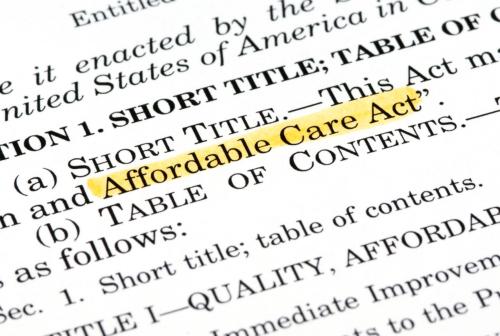The U.S. population over 65 has seen significant and sustained improvement in its absolute and relative well-being over the past half century. Much of that improvement is traceable to public programs like Social Security and Medicare.
In a special Medicare edition of the Forum for Health Economics and Policy journal, Brookings Senior Fellow Gary Burtless provides a survey of trends in old-age poverty, income, inequality, labor market activity, educational attainment, insurance coverage, and health status.
The article also takes a closer look at whether these favorable trends can continue in the next few decades if future voters and lawmakers scale back benefits to keep payroll taxes close to their current level. If this happens, Burtless concludes that future improvements in the fortunes of the elderly may depend on their willingness to work longer and postpone the age when they depend on government programs in order to pay the bills.



Commentary
Trends in well-being of the aged and their prospects through 2030
January 1, 1970